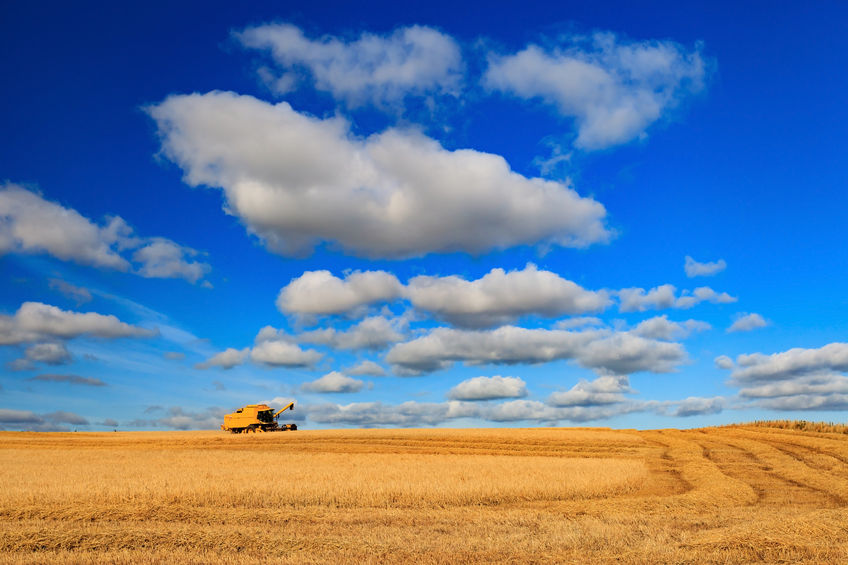
A sharp drop in direct farm payments post-Brexit would put at risk a strong future for the British farming industry, the CLA has today said.
The rural organisation said that basing the transition to a new UK agriculture policy on declining direct farm payment would also put at risk food production and the environment.
While backing the Government’s ambition for a new policy that supports both profitable food production and environmental work, the CLA cautions against a poorly devised transition phase.
This warning is comes following the CLA’s response to the Government’s Health & Harmony consultation on the future of food, farming and the environment, which CLA President Tim Breitmeyer will be discussing with Defra Secretary Michael Gove today (23 April).
The CLA says the transition should instead be broad and gradual to allow people and businesses time to adapt and to encourage all farms, not just the biggest, to prepare for change.
'Crucial pre-conditions'
It has set out three "crucial pre-conditions" that must be met before beginning any transition away from the BPS payments system.
Firstly, the government has been urged to have "absolute clarity" on the long-term EU/UK trade arrangements.
Secondly, a clear plan for investing in boosting agricultural productivity during transition; and thirdly clarity on what the long-term replacement system that will work for all sectors will be, and how it can be introduced.
It argues that only when these preconditions are satisfactorily met should a transition start, and once underway, reductions in BPS payments should take place in "manageable increments" spread across the farming industry.
The CLA warns against arbitrary caps that will put larger farming operations at "serious business risk".
'Cliff edge'
CLA President Tim Breitmeyer said that bringing the current system to a "hurried end" before the new policy is up and running will leave farm businesses at a "cliff edge".
“An industry in crisis will not be able to forge a strong and sustainable future for food, farming and the environment,” Mr Breitmeyer said.
“This is why, once it starts the transition phase must see BPS payments reduced in small increments rather than abrupt drops and an arbitrary cap. At the same time Government and land managers must work together to bring in a coherent scheme for fair payment for public goods work.
The CLA President added: “Finally, Government can champion the move to a new future for farming through targeted incentives to improve productivity and support for market development.”
